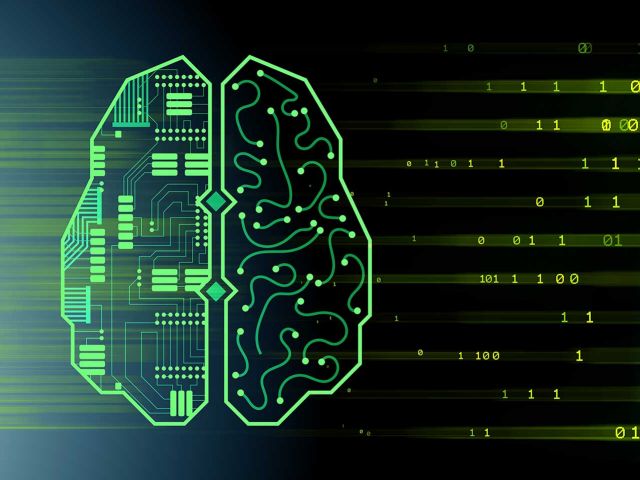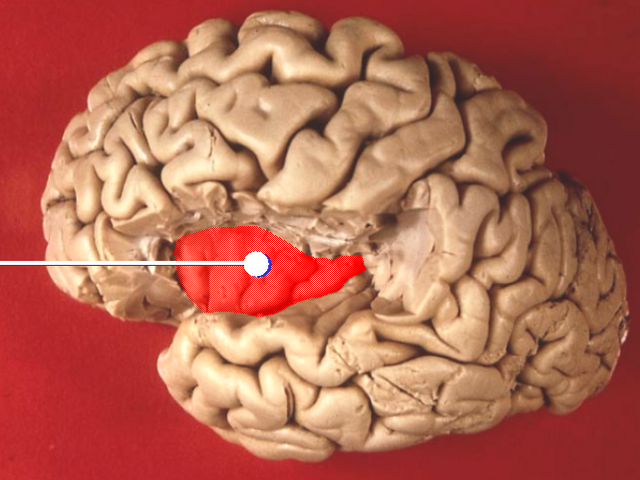Cardiovascular Health and Brain Function

In the intricate symphony of human biology, the connection between cardiovascular health and brain function plays a pivotal role, orchestrating harmony or discord in the realms of well-being and cognitive prowess. Beyond the conventional wisdom of heart health, recent scientific revelations have spotlighted the profound impact that a robust cardiovascular system can have on the brain. This article delves into the fascinating interplay between cardiovascular health and brain function, unraveling the mechanisms that underscore their symbiotic relationship.
Cardiovascular Health: Beyond the Beats
The Vascular Symphony
The cardiovascular system, comprising the heart and blood vessels, is often associated with its primary function of pumping blood to sustain life. However, its influence extends far beyond mere survival. A healthy cardiovascular system ensures efficient blood circulation, delivering vital nutrients and oxygen to every nook and cranny of the body, including the brain.
The Blood-Brain Barrier: Guardian of Cognitive Sanctity
At the nexus of cardiovascular health and brain function lies the blood-brain barrier, a selective barricade safeguarding the brain from harmful substances. A well-maintained cardiovascular system reinforces this barrier, protecting the brain from toxins and preserving optimal neuronal function.
Brain Function: The Cognitive Symphony
Neurons and Neurotransmitters: The Players in Cognitive Harmony
The brain, composed of billions of neurons, relies on intricate communication networks to facilitate cognition. Neurotransmitters, acting as messengers, transmit signals between neurons, enabling seamless cognitive processes. A robust cardiovascular system contributes to the optimal functioning of neurons, fostering an environment conducive to effective neurotransmission.
Oxygen and Nutrient Supply: Fueling Cognitive Performance
Just as a well-tuned engine powers a vehicle, an efficiently functioning cardiovascular system ensures a steady supply of oxygen and nutrients to the brain. This sustenance is critical for energy production and the maintenance of neural integrity, directly impacting cognitive performance and mental acuity.

The Symbiosis Unveiled
Exercise and Cognitive Resilience
Regular physical activity is a cornerstone of cardiovascular health. Engaging in aerobic exercises not only strengthens the heart but also enhances blood flow to the brain. This increased blood flow promotes the release of neurotrophic factors, substances that support neuron growth and survival, ultimately fortifying cognitive resilience. If you are looking for some ideas about the 7 best lions mane supplement, be sure to check out their page to learn more.
Nutritional Choices: Nourishing Both Heart and Mind
A heart-healthy diet, rich in antioxidants, omega-3 fatty acids, and other nutrients, serves a dual purpose. It not only bolsters cardiovascular health by managing cholesterol levels but also provides essential elements for optimal brain function. The saying “you are what you eat” echoes with profound truth in the context of cardiovascular-brain symbiosis.
Stress Management: A Harmonious Balance
Chronic stress, the arch-nemesis of both cardiovascular health and cognitive function, underscores the need for effective stress management. Stress hormones can wreak havoc on the cardiovascular system and impair cognitive processes. Techniques such as meditation, mindfulness, and stress-reducing activities foster a harmonious balance, benefiting both the heart and the mind.
Conclusion: Orchestrating Wellness
In the grand symphony of human health, the connection between cardiovascular health and brain function emerges as a melodic alliance, each note resonating with the other to create a harmonious composition. Prioritizing cardiovascular well-being through exercise, a wholesome diet, and stress management is not merely a prescription for heart health but a symphony for cognitive vitality.


 SEO for E-Commerce Platforms
SEO for E-Commerce Platforms  Air Conditioning Repairs You Should Know About
Air Conditioning Repairs You Should Know About  Sea Moss into Your Daily Meals
Sea Moss into Your Daily Meals  Data Storage for Personalized Medicine
Data Storage for Personalized Medicine  Tips for Maintaining Your Plumbing System
Tips for Maintaining Your Plumbing System  CBD in Managing Arthritis Symptoms
CBD in Managing Arthritis Symptoms